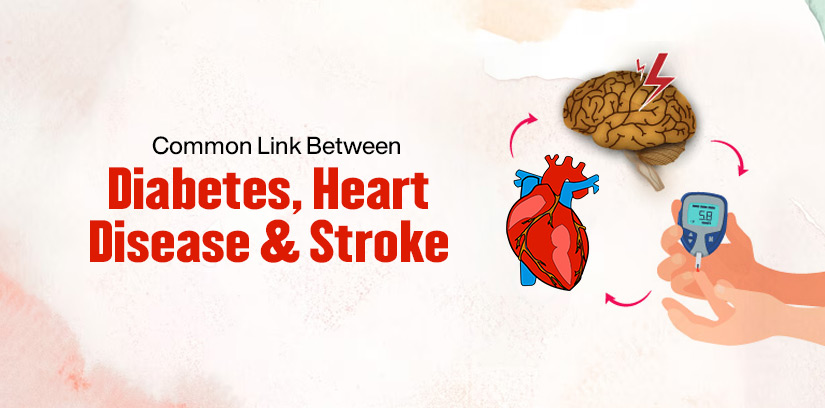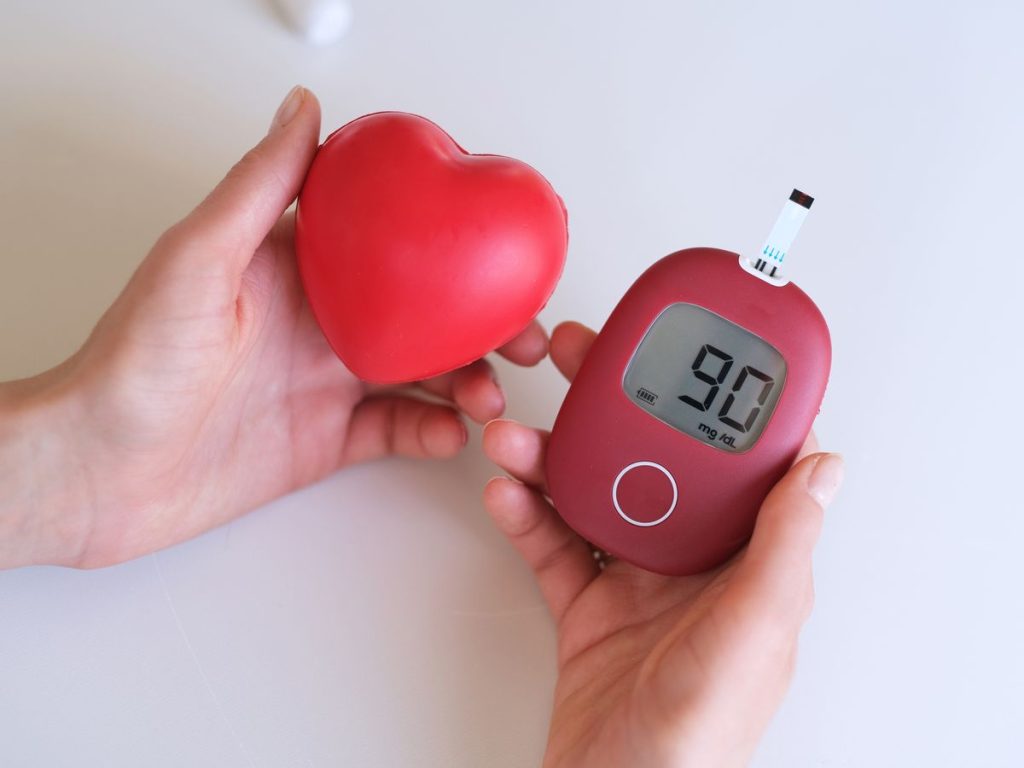
It’s well established that individuals with diabetes face a significantly higher risk of developing serious health complications, including heart disease and stroke. Many of these patients eventually encounter these potentially fatal conditions. In India, heart disease and stroke rank as the leading causes of death.
Heart diseases, collectively known as cardiovascular diseases (CVD), have held the top spot for the highest number of deaths in India for over two decades. India has the second-largest population of diabetes patients globally, and this number continues to grow. Remarkably, one out of every six people with diabetes worldwide is from India.
Experts at oxford hospital highlight that people with diabetes are more than twice as likely to develop cardiovascular diseases and stroke compared to those without diabetes. Among individuals with type 2 diabetes, heart disease is the most common cause of death.
Is diabetes a cause of heart disease?
Dialectologists at Oxford Hospital explain the connection between diabetes and heart disease. Individuals with diabetes experience elevated blood sugar levels, which gradually damage blood vessels and the nerves that control them. The primary cause of heart disease occurs when blood circulation to the heart is slowed or blocked by an artery, leading to chest pain (angina), heart attacks, or even sudden death.
People with diabetes are 2 to 4 times more likely to develop cardiovascular diseases than those without diabetes. While heredity is a significant factor, other contributors to cardiovascular disease include high levels of bad cholesterol and obesity, in addition to diabetes.
What Causes Stroke in Patients with Diabetes?
A stroke occurs when blood flow to the brain is obstructed or when a blood vessel becomes blocked, often due to blood clots or arterial blockages. According to the neurology team at Oxford Hospital, diabetes significantly increases the risk of stroke over time. This heightened risk is due to elevated glucose levels that gradually damage blood vessels, making a stroke more likely.
Diabetes also raises the likelihood of plaque buildup in the arteries, which can lead to the formation of dangerous blood clots. Approximately 75% of people with diabetes eventually face life-threatening clot-related issues.
The connection between diabetes, heart disease, and stroke originates from elevated blood sugar levels, which damage the arteries over time. This damage leads to atherosclerosis, where fatty deposits accumulate inside blood vessels, eventually blocking blood flow to the heart or brain and resulting in a heart attack or stroke.
Oxford Hospital boasts some of Mumbai’s leading dialectologists and neurologists, who collaborate to manage and treat diabetes and its complications. The specialists emphasize that small but significant lifestyle changes can help prevent heart disease and better manage diabetes.
Active Lifestyle
It is recommended to engage in at least 30 minutes of physical activity, such as walking or exercise, five days a week. Incorporating light activity during long periods of sitting can also help regulate blood sugar levels.
Heart-Healthy Diet
To support heart health and manage diabetes, it’s important to avoid or limit foods high in saturated and trans fats, salt, and cholesterol. This includes fried foods, red meat, and cholesterol-rich items like eggs. Instead, focus on a diet rich in high-fiber foods, such as green vegetables, whole grains, and seasonal fruits, which can effectively manage diabetes.
Maintaining an Optimal Weight
Achieving and maintaining a healthy weight based on age and gender is crucial for managing diabetes. A healthy BMI can help lower blood pressure and blood sugar levels. Even modest weight loss can significantly improve health. This can be achieved through dietary adjustments and lifestyle changes.
Controlled Blood Sugar Levels
For people with diabetes, maintaining blood glucose levels within a target range, as advised by a dialectologist, is essential. Adhering to a balanced diet and regular exercise routine can help keep blood sugar levels under control.
Controlling Hypertension
The ideal blood pressure (BP) level for an adult is 120/80 mmHg. If blood pressure is elevated, a healthcare provider may recommend lifestyle changes and, if necessary, medication to bring it down.
Quitting Smoking
Smoking greatly increases the risk of health complications for individuals with heart disease or diabetes. It contributes to unwanted blood clots and damages blood vessel linings, further raising the risk of clot formation. Seeking medical advice to quit smoking is a vital step.
In summary, patients with diabetes are more likely to develop heart disease and are at a higher risk of stroke. However, adopting lifestyle changes, such as following a healthy diet, engaging in regular physical activity, and maintaining a healthy weight, can significantly reduce the risk of life-threatening complications associated with diabetes.


